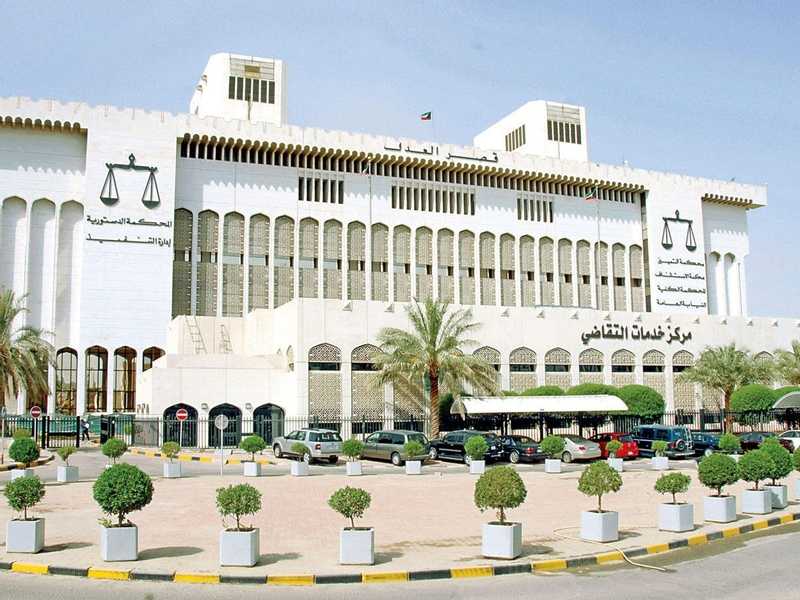23/11/2023
23/11/2023
KUWAIT CITY, Nov 23, (Agencies): The Court of Cassation has issued significant judicial directives to state authorities, emphasizing the imperative to trace the real estate, farms, chalets, and properties linked to an Iranian defendant who amassed substantial wealth through money laundering.

In its ruling to imprison the Iranian defendant and others for 10 years in a "money laundering" case, the Court of Cassation underscored the striking transformation of the accused from a state of poverty to affluence. The court questioned how, within just 5 years, the defendant evolved from a meager income in 2018 to becoming a proprietor of extensive real estate holdings.
According to documents obtained by Al-Qabas, the court elucidated that the accused now possesses valuable real estate, villas, and farms across various locations in Kuwait. The acquired assets, with their exorbitant values, seemingly cannot be justified by legitimate means, especially given the defendant's modest financial standing until 2018.
The court asserted that the accused accumulated this wealth through engaging in criminal activities, specifically "money laundering," associated with other defendants involved in illicit practices. These illegal activities, the court noted, were employed as a sinful method to unlawfully acquire money, particularly public funds under their control.
While police and authorities' investigations supported these claims, the court highlighted a challenge. The mentioned properties, including villas, chalets, and farms, lacked precise location details in the case papers. Furthermore, many, if not all, were registered under the names of the accused's relatives and close friends. As the specific buyers of these properties were not accurately identified, the court faced difficulty in deciding whether to confiscate them in the ongoing lawsuit, especially as they have not been seized or impounded in connection with the current case.
In its ruling, the court urged competent authorities to take action against the accused, seize these funds, and enforce appropriate legal measures. The court emphasized the necessity of returning these funds to the state to uphold the rule of law, ensure justice, and assert the state's rightful claim to these funds.


